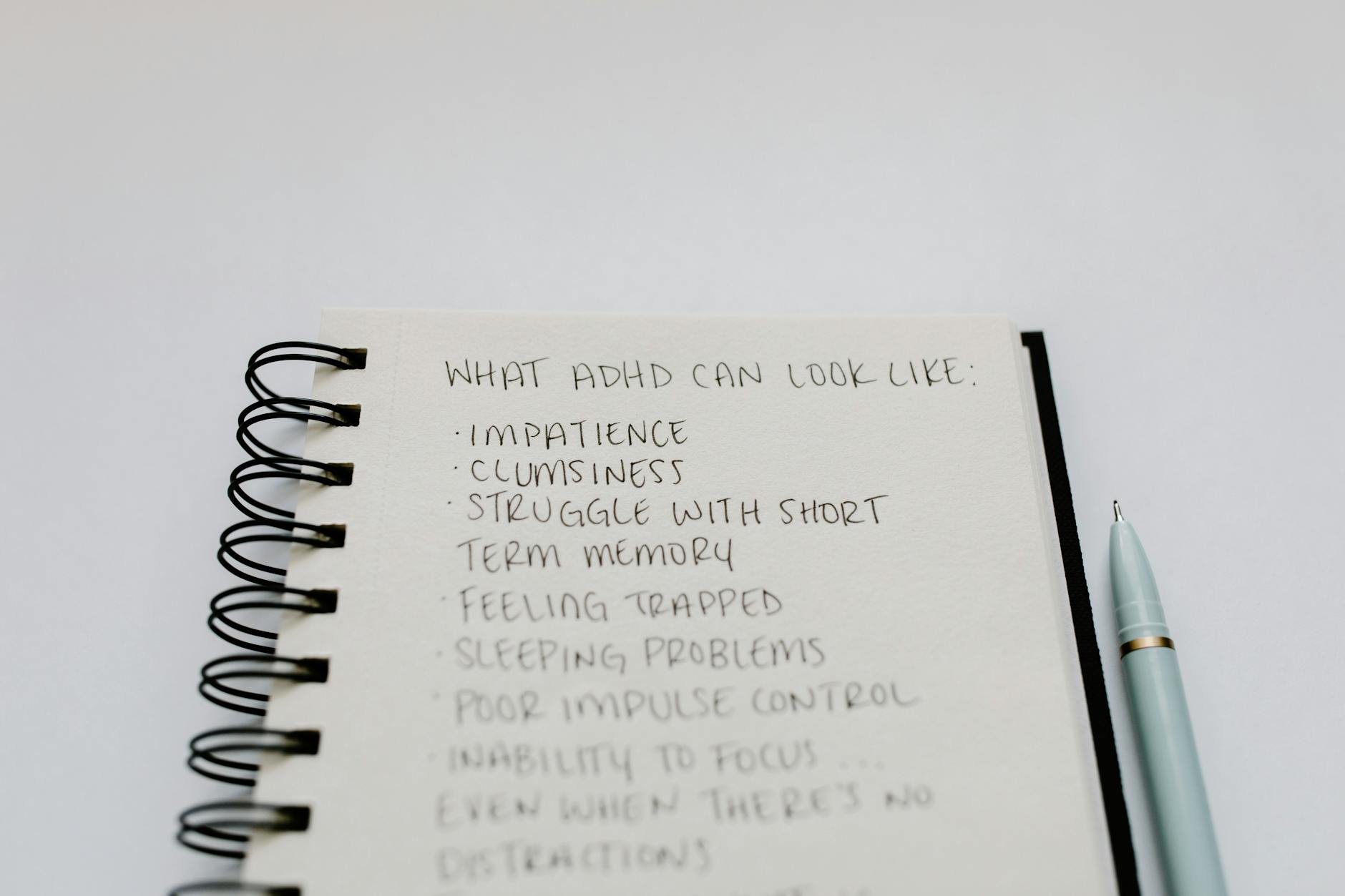Discover how managing celiac symptoms can improve your sleep and overall health in this comprehensive guide from bread to bed.
Table of Contents
- Celiac Disease: Understanding the Basics
- Recognizing Symptoms and Seeking Diagnosis
- Embracing a Gluten-Free Lifestyle
- Navigating Social Situations and Dining Out
- Managing Cross-Contamination and Kitchen Safety
- Supplementing and Monitoring Nutrient Levels
- Engaging in Regular Monitoring and Follow-Up Care
- Conclusion
Celiac Disease: Understanding the Basics
Celiac disease is an autoimmune condition that affects the digestive system, triggered by the consumption of gluten. Gluten is a protein found in wheat, barley, and rye, and for individuals with celiac disease, it can cause inflammation and damage to the lining of the small intestine. This can lead to a variety of symptoms and complications, making it essential to manage the condition effectively through dietary and lifestyle changes.
Recognizing Symptoms and Seeking Diagnosis
Common symptoms of celiac disease include bloating, diarrhea, constipation, fatigue, and weight loss. However, the symptoms can vary greatly between individuals, making diagnosis a crucial step in managing the condition. If you suspect you may have celiac disease, it is important to consult with a healthcare professional who can perform the necessary tests, such as blood tests and a biopsy of the small intestine.
Embracing a Gluten-Free Lifestyle
The cornerstone of managing celiac disease is adhering to a strict gluten-free diet. This means eliminating all sources of gluten from your diet, including bread, pasta, cereals, and processed foods that may contain hidden gluten. Instead, focus on whole foods that are naturally gluten-free, such as fruits, vegetables, lean proteins, and gluten-free grains like quinoa and rice.
Navigating Social Situations and Dining Out
Dealing with celiac disease in social settings can be challenging, as gluten is prevalent in many foods and often hidden in sauces and seasonings. When dining out, communicate your dietary restrictions to restaurant staff, and always ask about gluten-free options or modifications. Additionally, consider bringing gluten-free snacks or dishes to social gatherings to ensure you have safe options available.
Managing Cross-Contamination and Kitchen Safety
Cross-contamination can occur when gluten-free foods come into contact with gluten-containing surfaces or utensils, leading to inadvertent gluten exposure. To minimize this risk, designate separate gluten-free cooking utensils, cutting boards, and cooking equipment in your kitchen. Always thoroughly clean surfaces and utensils before preparing gluten-free meals to prevent cross-contamination.
| Step | Description |
|---|---|
| 1 | Eliminate gluten-containing foods from your diet |
| 2 | Read food labels carefully to avoid hidden sources of gluten |
| 3 | Consult with a registered dietitian to ensure a balanced gluten-free diet |
| 4 | Avoid cross-contamination by using separate cooking utensils and areas |
| 5 | Monitor and track symptoms to identify potential food triggers |
| 6 | Consider additional testing or consultations with healthcare providers if symptoms persist |
Supplementing and Monitoring Nutrient Levels
Celiac disease can impact nutrient absorption in the intestines, leading to deficiencies in essential vitamins and minerals. It is important to work with a healthcare provider or dietitian to monitor your nutrient levels and determine if supplementation is necessary. Common deficiencies associated with celiac disease include iron, vitamin D, and B vitamins.
Engaging in Regular Monitoring and Follow-Up Care
Regular monitoring of celiac disease is crucial to ensure that the condition is well-managed and to prevent potential complications. Work closely with your healthcare team to schedule follow-up appointments, monitor symptoms, and discuss any concerns or changes in health. By staying proactive in your care, you can optimize your quality of life and reduce the impact of celiac disease on your overall well-being.
Conclusion
Celiac disease is a complex autoimmune condition that requires ongoing management through dietary modifications, lifestyle adjustments, and regular medical monitoring. By understanding the basics of celiac disease, recognizing symptoms, and embracing a gluten-free lifestyle, individuals can effectively manage their condition and improve their overall health and well-being. Remember, you are not alone in this journey, and with the right support and strategies, you can navigate the challenges of celiac disease with confidence and resilience.
Can celiac disease be managed without avoiding gluten entirely?
No, the cornerstone of managing celiac disease is adhering to a strict gluten-free diet to prevent inflammation and damage to the intestines.
How can I ensure a gluten-free diet when dining out?
Communicate your dietary needs to restaurant staff, ask about gluten-free options, and consider bringing your own snacks to social gatherings.
What are common nutrient deficiencies associated with celiac disease?
Common deficiencies include iron, vitamin D, and B vitamins due to impaired nutrient absorption in the intestines.
How often should I schedule follow-up appointments for celiac disease?
Regular monitoring and follow-up care with your healthcare team are essential to ensure optimal management of celiac disease. Schedule appointments as recommended by your healthcare provider.




